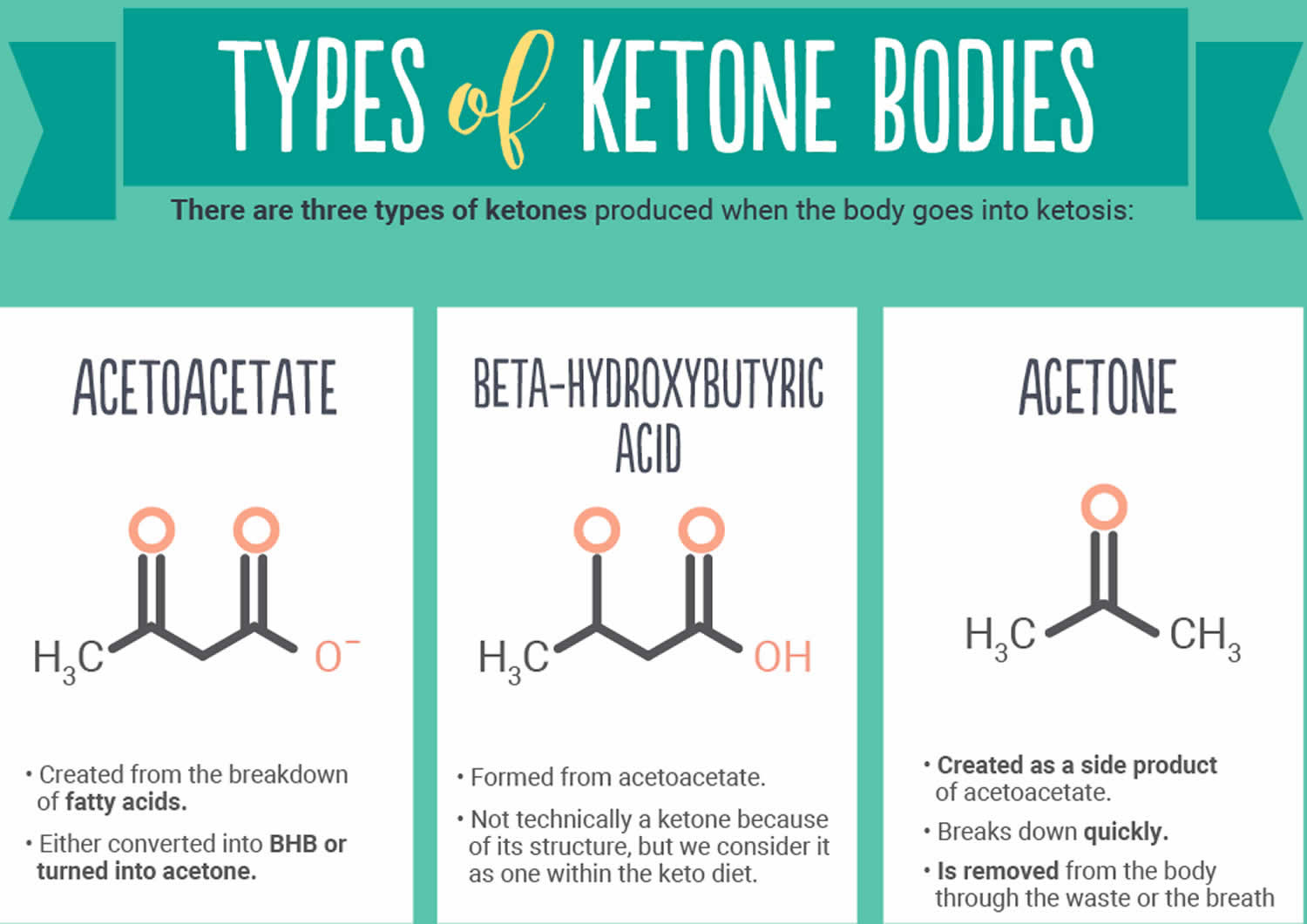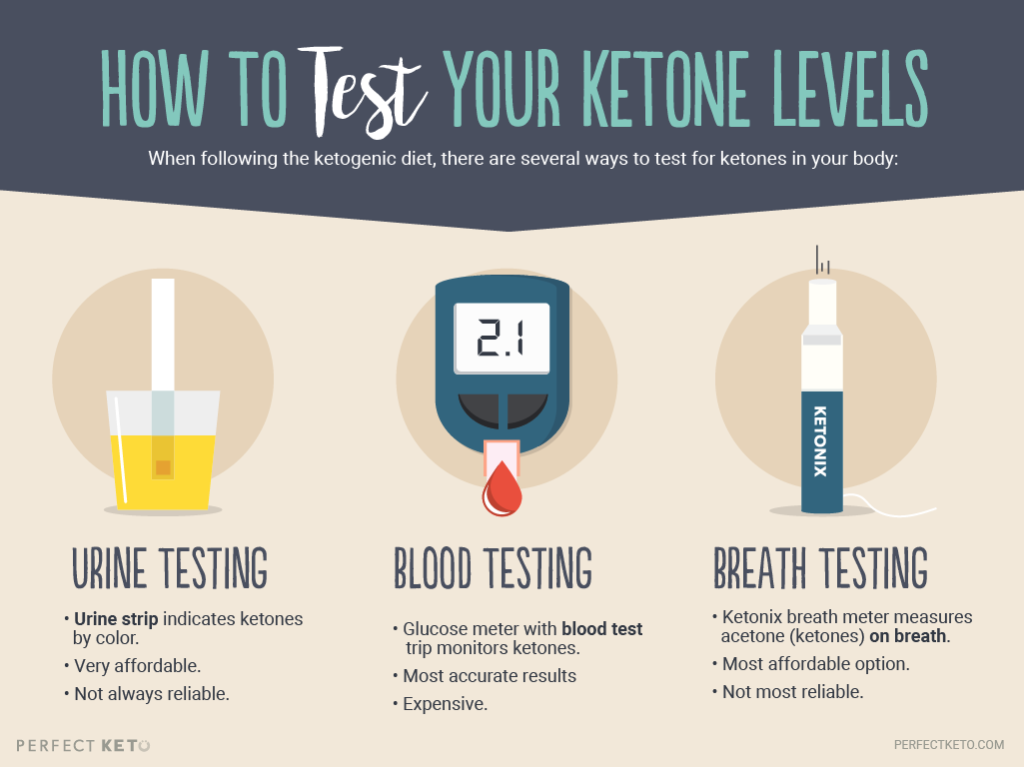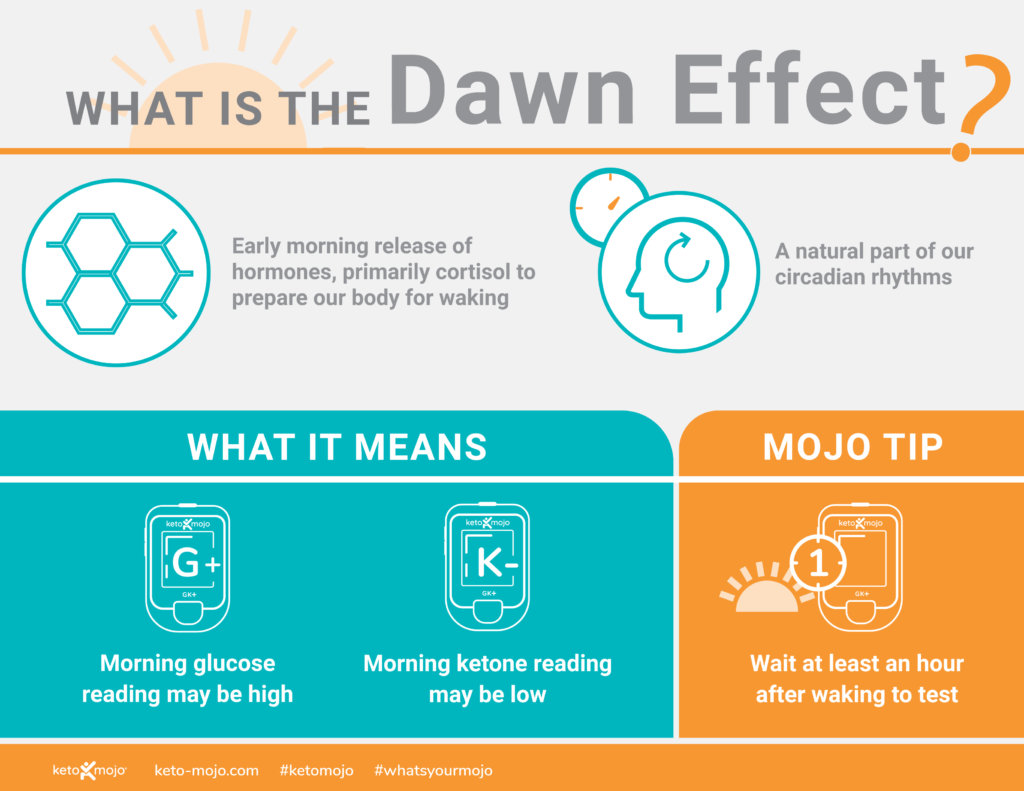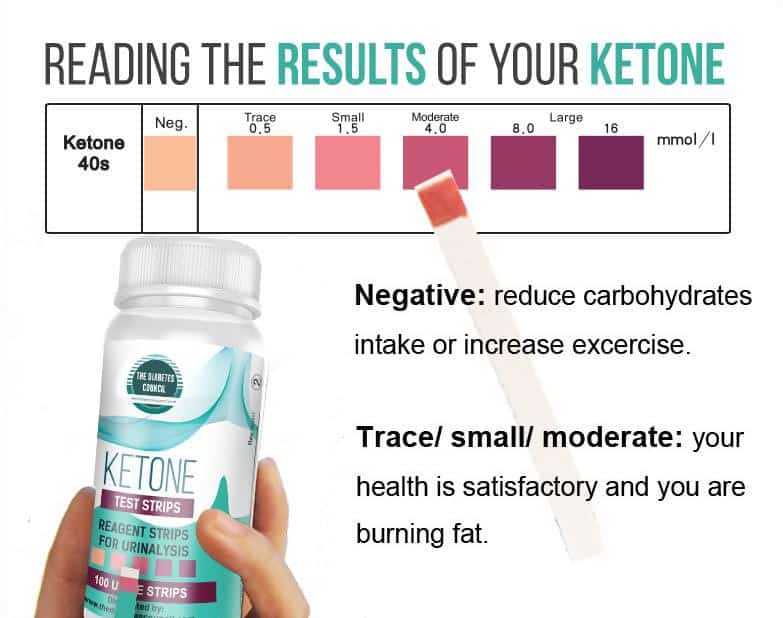are ketones lower in the morning What are ketones?
Ketones are a fascinating aspect of human metabolism that have garnered increasing attention in recent years. They are a byproduct of fat breakdown and serve as an important source of energy when glucose levels are low. This natural process, known as ketosis, occurs during periods of prolonged fasting or when following a low-carbohydrate, high-fat diet.
Understanding Ketones
 Ketones, also referred to as ketone bodies, are produced in the liver from fatty acids. These organic compounds include three types: acetone, acetoacetate, and beta-hydroxybutyrate (BHB). Acetone is the simplest of the three and is responsible for the characteristic fruity odor often associated with ketogenic diets. Acetoacetate and BHB, on the other hand, are the primary usable forms of ketones in the body.
Ketones, also referred to as ketone bodies, are produced in the liver from fatty acids. These organic compounds include three types: acetone, acetoacetate, and beta-hydroxybutyrate (BHB). Acetone is the simplest of the three and is responsible for the characteristic fruity odor often associated with ketogenic diets. Acetoacetate and BHB, on the other hand, are the primary usable forms of ketones in the body.
Ketones serve as an alternative fuel source for the brain and muscles when glucose is not readily available. Normally, our bodies rely on carbohydrates as their primary energy source. However, when we restrict carbohydrate intake, the liver begins converting fats into ketones as a survival mechanism.
The Benefits of Ketosis
There are several potential benefits associated with achieving a state of ketosis. One of the most notable is weight loss. When our bodies enter ketosis, they become more efficient at burning stored fat for energy. This can lead to significant reductions in body weight and body fat percentage.
Furthermore, ketones have been found to have neuroprotective and anti-inflammatory effects. Research suggests that ketosis may improve cognitive function, enhance memory, and even benefit individuals with neurological disorders such as Alzheimer’s disease or epilepsy.
 Exogenous ketones, such as those available in supplement form, have gained popularity for their ability to help individuals achieve and maintain ketosis more easily. These supplements contain BHB salts, which can increase blood ketone levels without requiring a strict ketogenic diet. While exogenous ketones can be a useful tool, it’s important to note that they are not a magic solution and should be used in conjunction with a well-balanced diet and regular exercise.
Exogenous ketones, such as those available in supplement form, have gained popularity for their ability to help individuals achieve and maintain ketosis more easily. These supplements contain BHB salts, which can increase blood ketone levels without requiring a strict ketogenic diet. While exogenous ketones can be a useful tool, it’s important to note that they are not a magic solution and should be used in conjunction with a well-balanced diet and regular exercise.
Monitoring Ketone Levels
For those following a ketogenic diet or individuals with specific health concerns, monitoring ketone levels can provide valuable insights. The most common methods of testing ketone levels include urine, blood, or breath analysis. Urine testing strips are the most affordable option and provide a rough estimation of ketone levels. Blood testing, on the other hand, is considered more accurate but can be more expensive and invasive. Breath analyzers are another alternative that measures acetone levels in the breath.
It’s important to note that achieving and sustaining a state of ketosis requires discipline and individualization. While a well-formulated ketogenic diet can have numerous benefits, it may not be suitable for everyone. It’s always advisable to consult with a healthcare professional before making significant changes to your diet or lifestyle.
In conclusion, ketones play a vital role in our metabolism, serving as an alternative energy source when glucose availability is limited. Ketosis, the state where our bodies primarily use ketones for fuel, has been associated with weight loss and potential cognitive benefits. Monitoring ketone levels can help individuals assess their progress and make adjustments accordingly. Whether through dietary interventions or exogenous supplementation, the ketogenic approach continues to captivate the attention of health-conscious individuals looking to optimize their well-being.
If you are looking for What are ketones, ketones in urine causes and ketones in blood causes you’ve visit to the right web. We have 5 Pics about What are ketones, ketones in urine causes and ketones in blood causes like What are ketones, ketones in urine causes and ketones in blood causes, What Are Ketones? - Perfect Keto Exogenous Ketones and also What Are Ketones? - Perfect Keto Exogenous Ketones. Here you go:
What Are Ketones, Ketones In Urine Causes And Ketones In Blood Causes
 healthjade.netketones ketone bodies acetone ketogenic bhb acetoacetate hydroxybutyrate urine metabolism breath hydroxybutyric salts human ketosis ketoacidosis fatty tissues liver perfectketo
healthjade.netketones ketone bodies acetone ketogenic bhb acetoacetate hydroxybutyrate urine metabolism breath hydroxybutyric salts human ketosis ketoacidosis fatty tissues liver perfectketo
What Are Ketones? - Perfect Keto Exogenous Ketones
 www.perfectketo.comketones ketosis testing ketone diet into test levels ketogenic keto urine blood weight loss exogenous methods check quickly measuring long
www.perfectketo.comketones ketosis testing ketone diet into test levels ketogenic keto urine blood weight loss exogenous methods check quickly measuring long
Testing: What Is The Effect? Low Morning Ketones | KETO-MOJO
 keto-mojo.comdawn ketones morning effect diabetes keto mojo phenomenon low lower why
keto-mojo.comdawn ketones morning effect diabetes keto mojo phenomenon low lower why
What Does Ketones In Urine Mean? - Tafmed Research
 www.tafmed.orgketosis ketones ketone urine ketogenic measuring blood diabetes nutritional calorie hyperbaric peeps
www.tafmed.orgketosis ketones ketone urine ketogenic measuring blood diabetes nutritional calorie hyperbaric peeps
The Ultimate Guide To Ketone Testing - TheDiabetesCouncil.com
 www.thediabetescouncil.comketone ketones glucose acetone thediabetescouncil produces acids fatty liver
www.thediabetescouncil.comketone ketones glucose acetone thediabetescouncil produces acids fatty liver
Ketones ketone bodies acetone ketogenic bhb acetoacetate hydroxybutyrate urine metabolism breath hydroxybutyric salts human ketosis ketoacidosis fatty tissues liver perfectketo. The ultimate guide to ketone testing. What does ketones in urine mean?